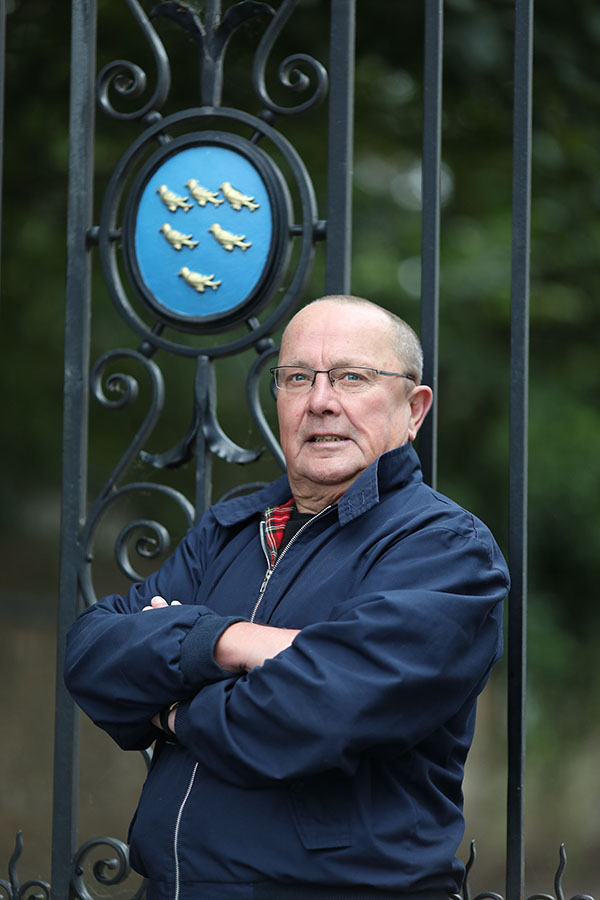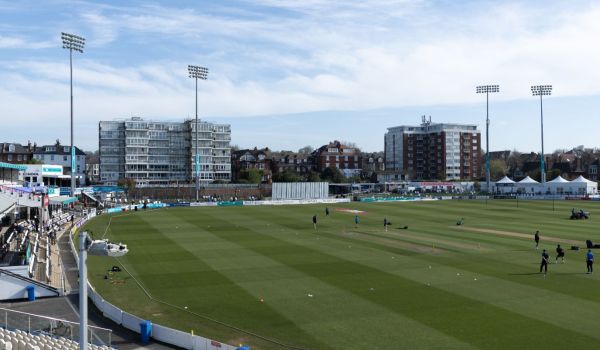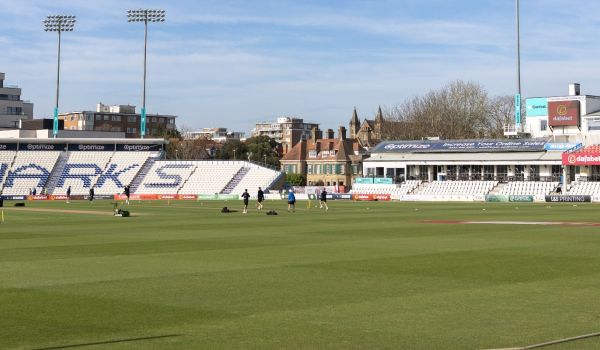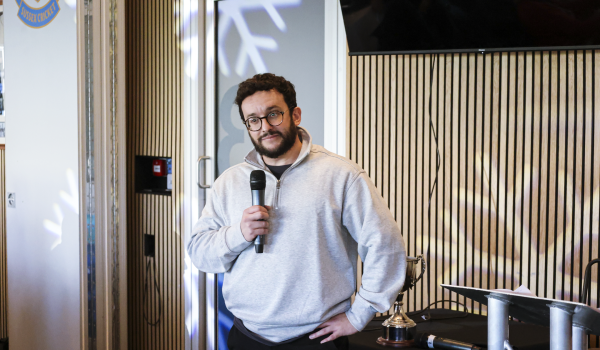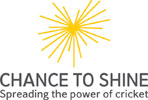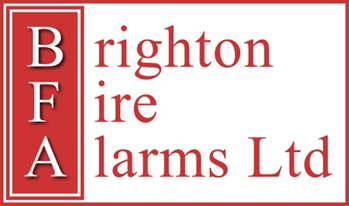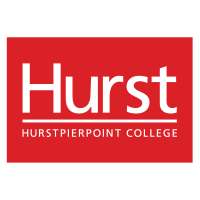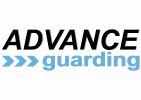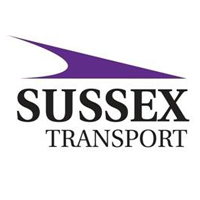"The night before the 1986 NatWest final, I took the team to the pub to calm everyone down!" - Q&A with Ian 'Gunner' Gould
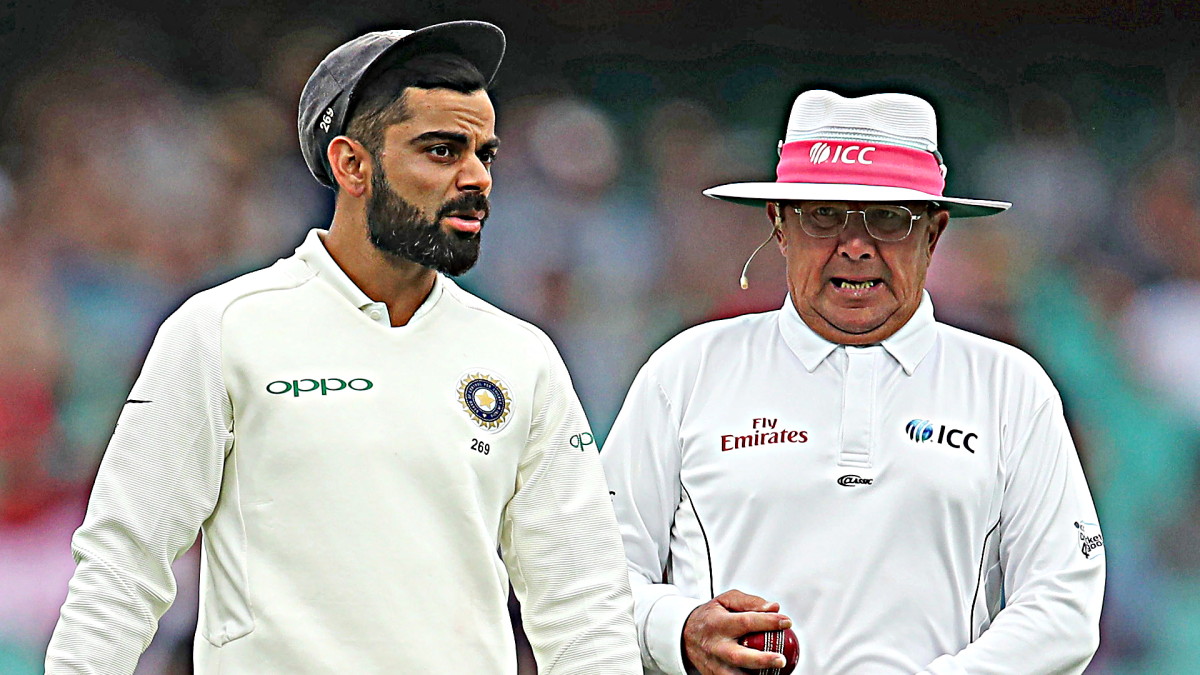
With the release of Ian Gould's autobiography Gunner, Bruce Talbot caught up with the former Sussex captain to discuss his time at Sussex, his career as in umpire and more...
You’ve been in the game for more than 45 years as a player, coach and umpire. What’s given you the most pleasure?
That’s a tough one, but umpiring has given me the most enjoyment - although I never expected to be standing in internationals in 2006 after just five years as a domestic umpire.
When I was coaching Middlesex, umpires sometimes forgot to turn up for second-team games or they’d go to the wrong ground. So I found myself standing in for them occasionally and really enjoying it. When I applied to go on the reserve list I really had to stress that I wanted to be the best umpire I could.
As an ex-player and coach I think some of those on the interview panel felt I was looking at it just as a way of staying in the game. If they’d turned me down, I’d have just concentrated on the grounds maintenance business I’d started but I’m glad they didn’t. Umpiring has been a lot of fun.
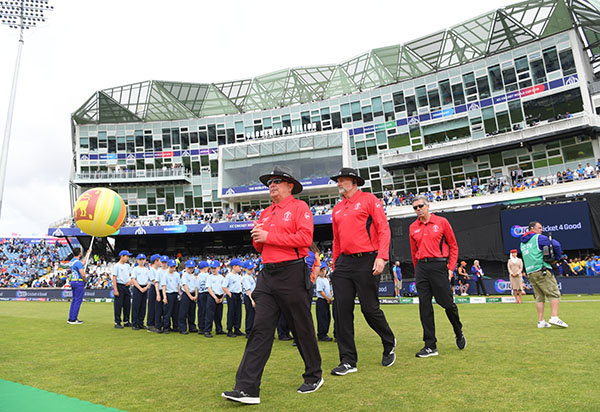
Gould walking out to umpire Sri Lanka vs. India at the ICC World Cup in 2019
Are the top players you umpired surprised when they find out you played for England?
I’ve had a few strange looks, yes! That was a very different era though and I was very lucky to go on the 1982-83 Ashes tour.
I was only going to play in the Tests if Bob Taylor got injured, which was never going to happen because he was supremely fit even though he was in his 40s by then. Alan Knott was banned for touring South Africa and I’d had a bit of success opening in the Sunday League when Sussex won it in 1982, and they must have fancied me as a pinch-hitter, although in most of games I ended up at six or seven.
I ended up playing 13 ODIs, although I probably wasn’t good enough at international level. I found out about my selection while I was playing snooker in the old 147 Club in Hove.
You played in the 1983 World Cup. What was that like?
Of the eight teams I think England were probably the worst prepared. We turned up at Lord’s for the pre-tournament photo and were the only team not in matching suits.
The other squads travelled by coach, but we criss-crossed the country in our own cars and I remember on the morning of a game down at Taunton when Peter May, who’d just become chairman of selectors, introduced himself in the hotel and asked what I did in the team and what school I went to!
Before we played Pakistan at Lord’s we stopped off in Berkshire at some friends Allan Lamb and I knew and got a bit drunk. Dear old Bob Willis, our captain, wasn’t very pleased with our preparations but the next day we played our best game of the tournament and won easily. Then we rocked up at Old Trafford for the semi-final and the pitch was dry and crusty and perfect for India’s bowlers.
After the game Trevor Jesty drove home to Southampton and dropped me off in Basingstoke so I could be 12th man for Sussex for a couple of days.
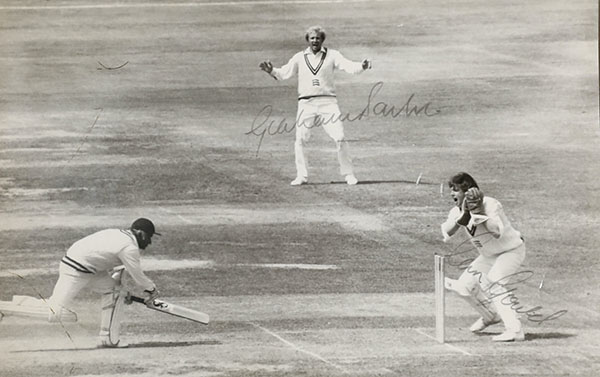
Did you need much persuading to leave Middlesex and sign for Sussex?
I had a bit of success with both but when I left Middlesex and signed for Sussex in 1980, I knew it was the right decision. At Sussex we had a very talented team and, if we’d had a top-class spinner, we’d have won the Championship during the early 1980s, although we did come very close under John Barclay.
Keeping wicket to Imran Khan and Garth Le Roux certainly sharpened your senses and we were a very sociable team. I had a flat in Hove with my wife Jo and it was 20 steps from my couch to my stool in the Landsdowne pub. Imran would come out with us, but he’d sober up by drinking two pints of milk before calling it a night.
You led Sussex to victory in the NatWest final at Lord’s in 1986, what was that like?
Very satisfying. I had a good career at Middlesex but there were a few people around Lord’s who didn’t think I could play much, so to go back there and lead us to victory over Lancashire in that final meant a lot to me.
I remember before we played Norfolk at Hove in the first round, going out for the toss and not having a coin in my pocket. Peter Eaton [former Sussex groundsman] found a 2p coin in his pocket and we won the toss with it so I kept it throughout and it turned out to be a lucky charm. On the night before the final we all went to a pub I knew out near Slough for a couple of drinks just to calm everyone down. It worked, we played very well in the final.
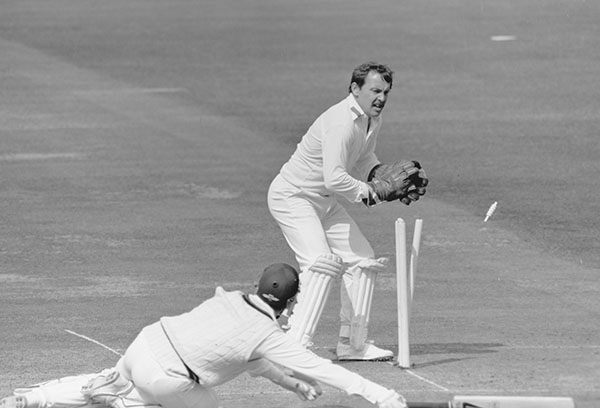
Gould nearly running out Neil Fairbrother in the 1986 NatWest final against Lancashire at Lord’s
Were you disappointed not to have been more successful when you were captain?
Of course, but that side that won at Lord’s soon began to break up. We lost Imran and Garth Le Roux, then Allan Green and a few others. I didn’t really enjoy 1987 and by the end of that season I was happy to let Paul Parker take over and he did a fine job.
Were you always ambitious to become an international umpire?
Not when I started, but then I was asked at short notice to stand in a tour game between Essex and Australia at Chelmsford not long after I joined the first-class list in 2001. Being close up to all those world-class players really whetted my appetite.
I absolutely loved that stage and that’s what made me think I would love to get involved at the highest level and I ended up doing it for 13 years.
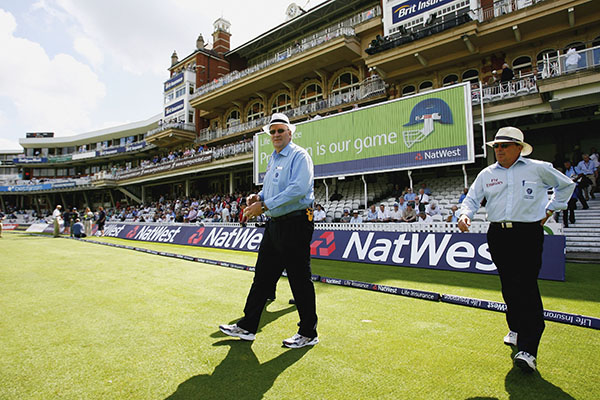
Gould walking out at The Oval with Darrell Hair to umpire my first international match
How much did umpiring change in that time?
DRS was the biggest issue without a doubt. When it was introduced I quickly realised that you had to leave your ego in the changing room because, all of a sudden, left-arm round was getting out a right-hander and your judgement was being constantly challenged.
Believe me, there is nothing a player enjoys more than pointing out your mistakes on a big screen when you’ve been over-ruled by DRS. The biggest problem was ICC didn’t make its introduction mandatory so we’d go from a series in India, where it wasn’t being used, to another in Australia where there were 25 cameras in the ground.
Who knows, there might not be a need for neutral umpires in future. What with DRS and now front-foot no balls being decided upstairs, what is left for the umpire to do?
And then there was Sandpaper Test in 2018. What was that like?
It’s easy in hindsight, but ICC should have appointed me, Richard Illingworth and Nigel Llong for the whole series because when we arrived, South Africa and Australia were already at each other’s throats.
I’m very proud of how we all dealt with what went on. The Aussies had been pushing the boundaries for a long time, although I never imagined that it would end up with Darren Lehmann resigning and Steve Smith and Davey Warner copping big bans.
The difference between then and last summer in England was astonishing and you have to give a lot of credit to [Australia coach] Justin Langer for that.
Bruce Talbot has worked with former Sussex captain Ian Gould on his autobiography Gunner, which is out now and published by Pitch (£19.99).
